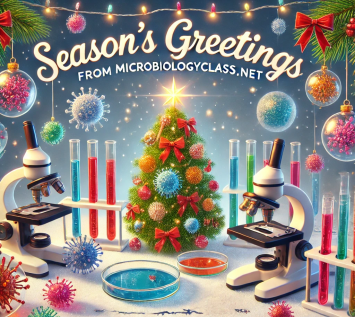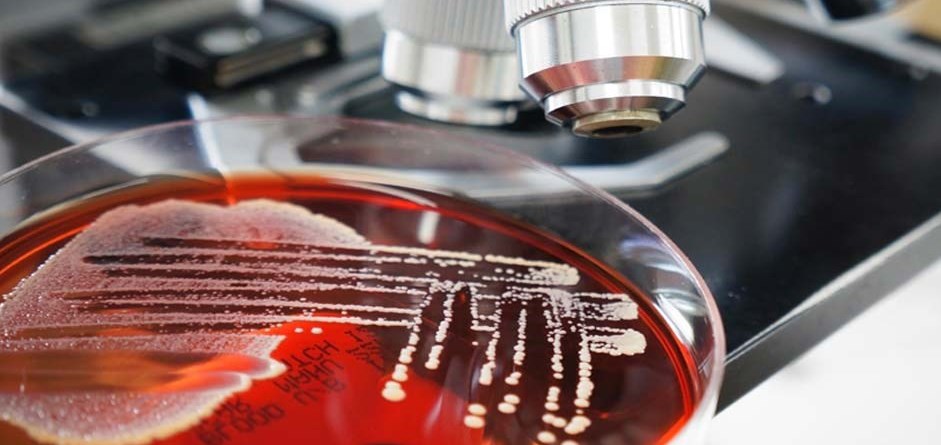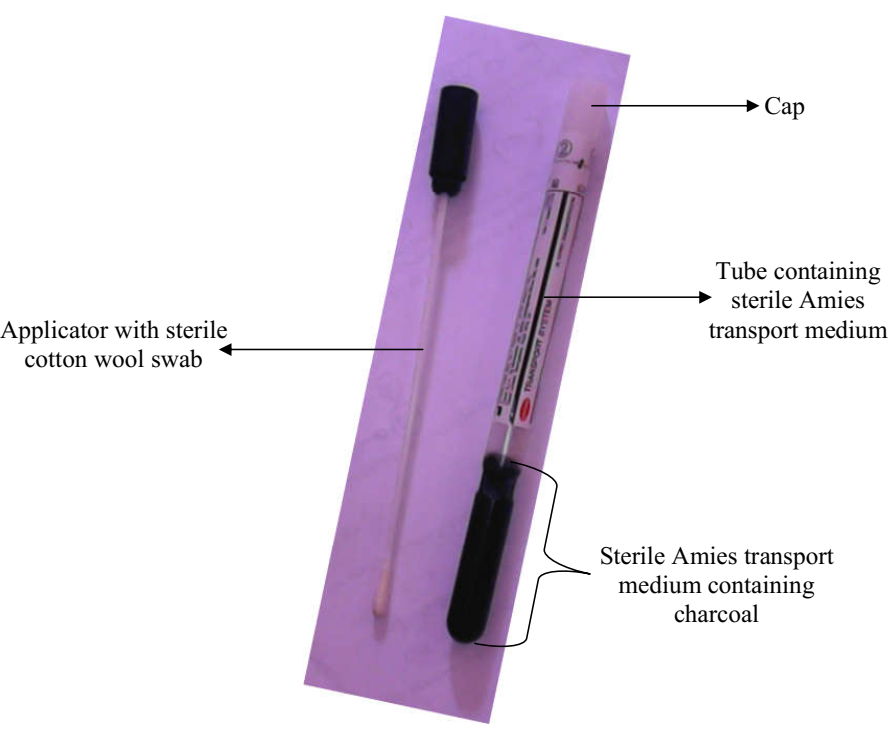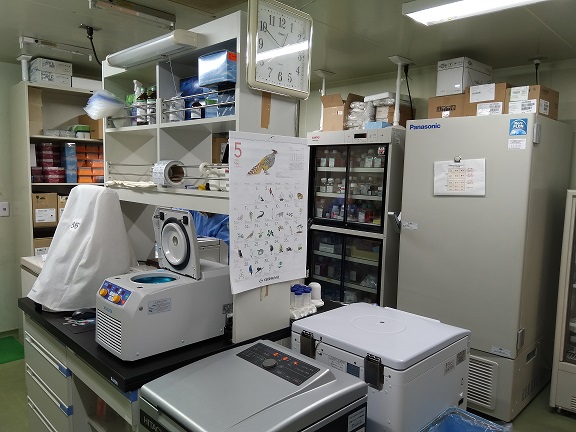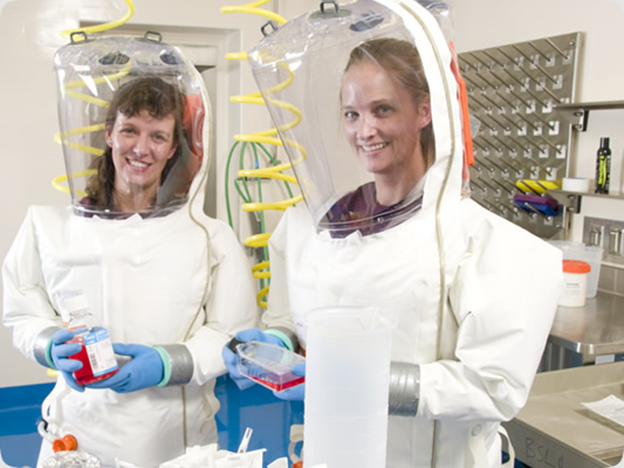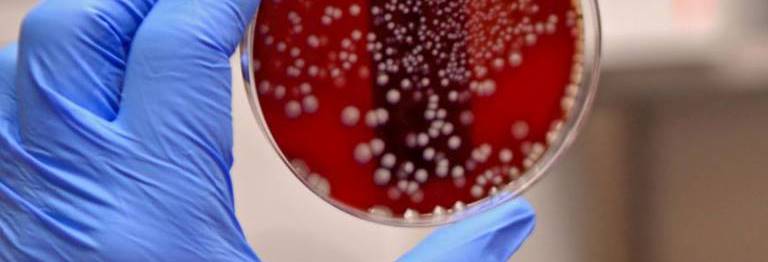SOURCES OF MICROBIAL CONTAMINATION OF FOOD
Microbial contamination of food is almost inevitable owing to the ubiquity of microorganisms – which are found everywhere and even where life rarely exists. The soil, air, water, animals and animal products, plants and plant products, food handlers, food processing equipment and food storage vessels or platforms are some typical examples of various sources of […]
SOURCES OF MICROBIAL CONTAMINATION OF FOOD Read More »
Food Microbiology